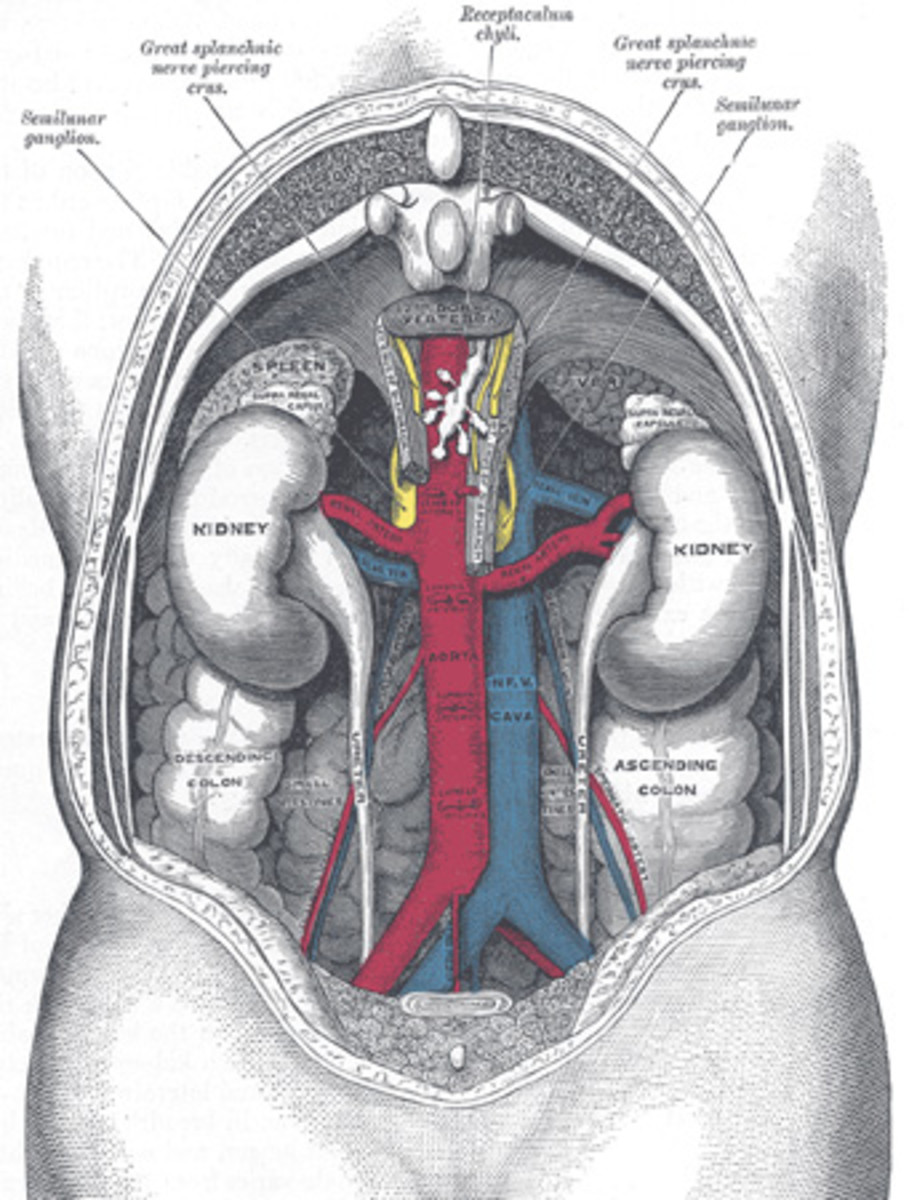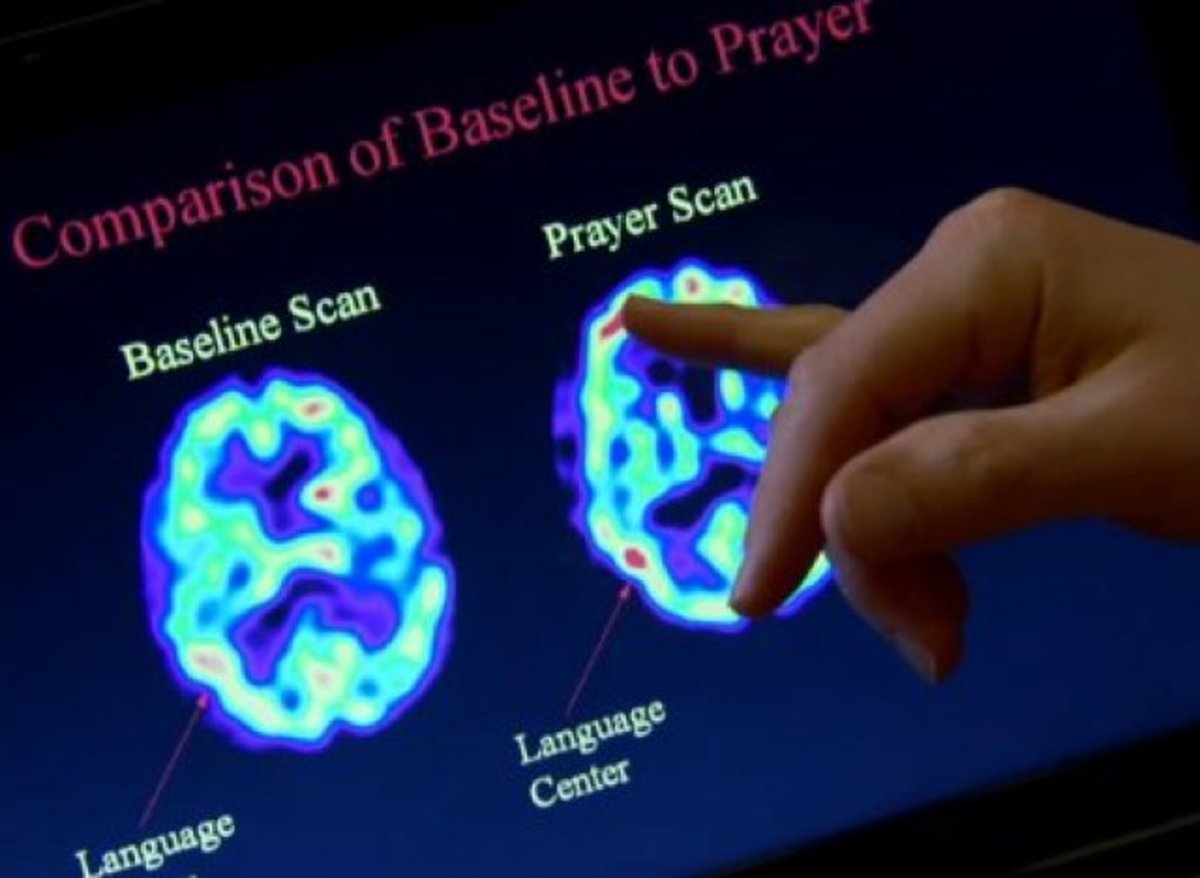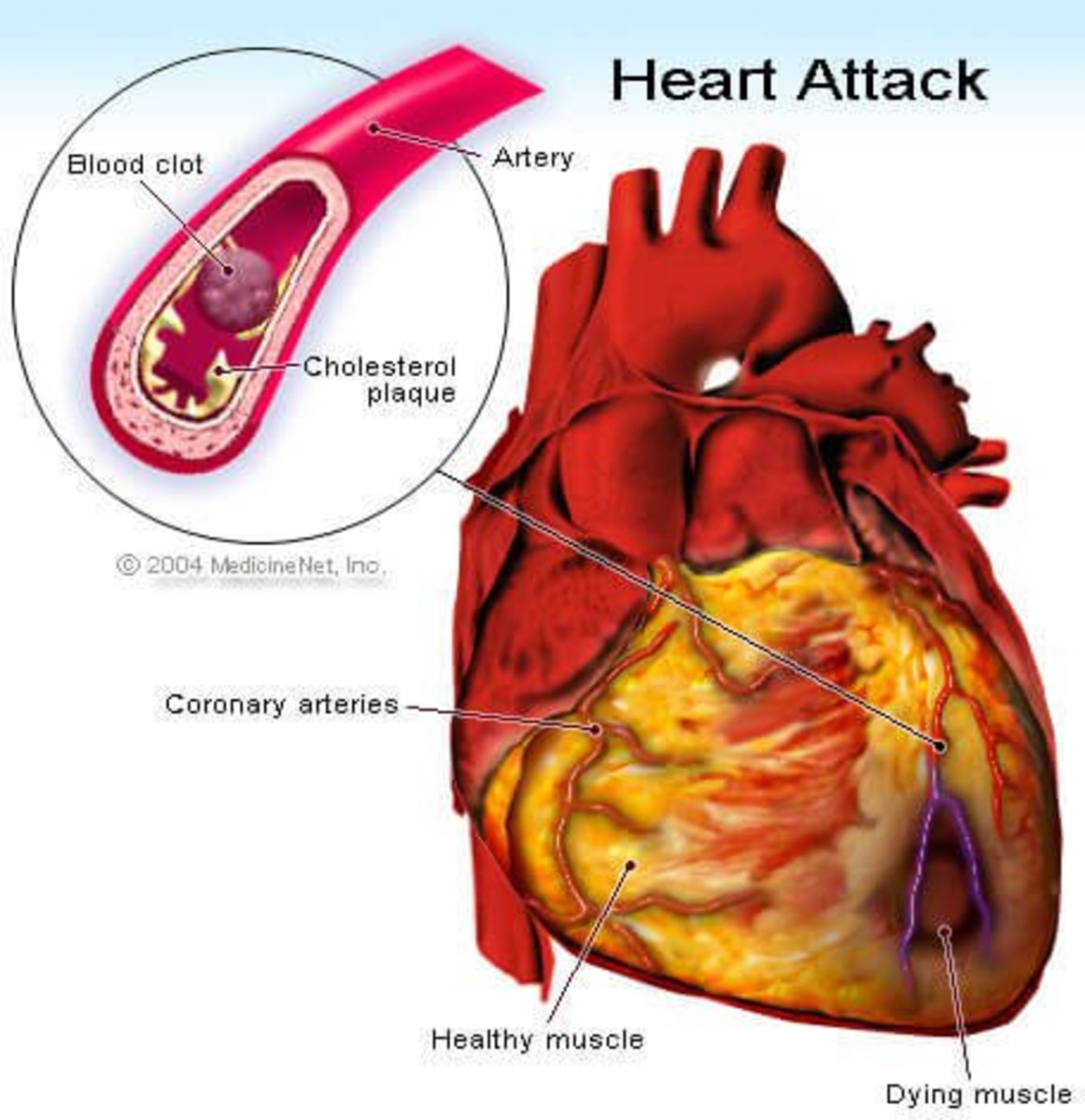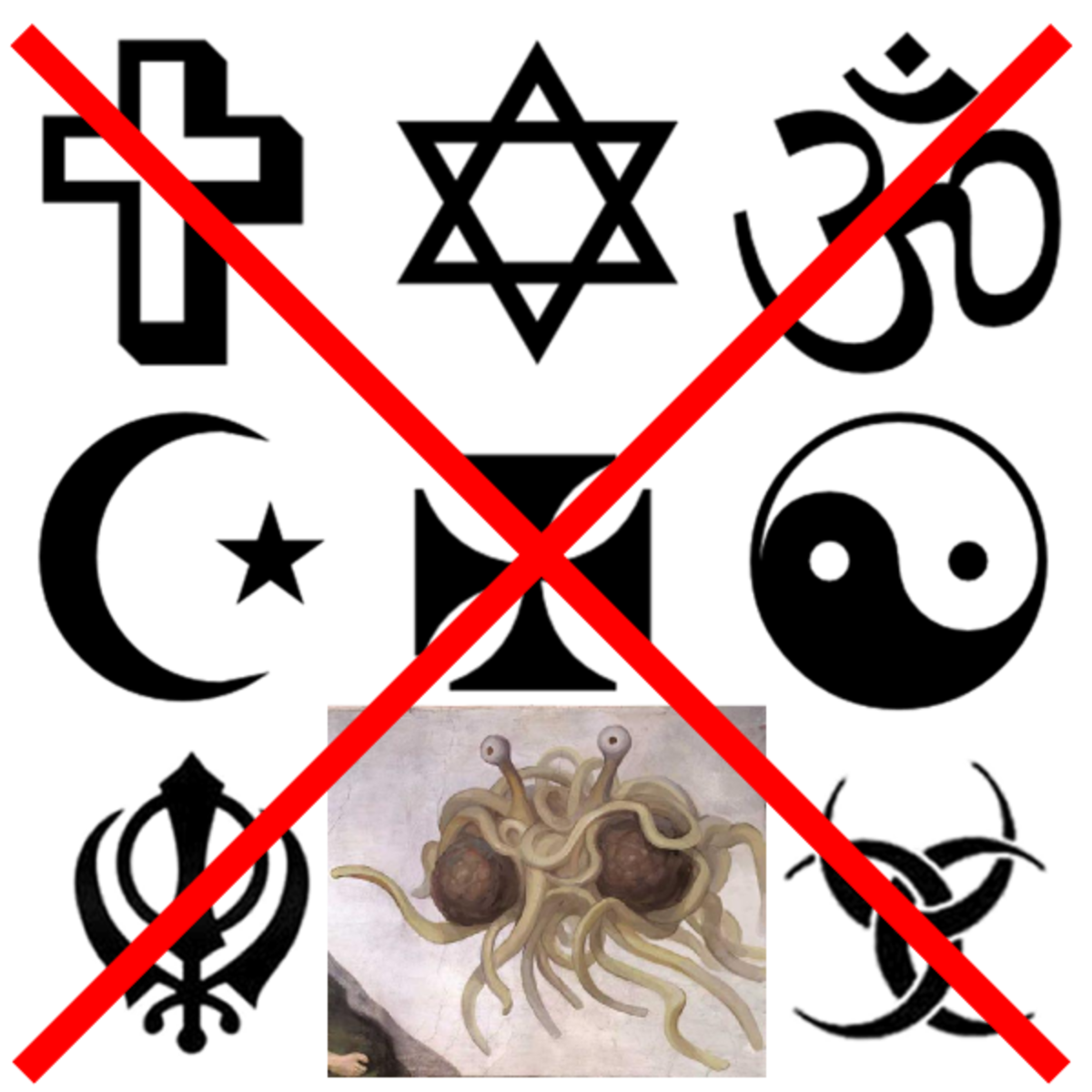There are no miracles

"I tell you the truth, if you have faith as small as a mustard seed, you can say to this mountain, 'Move from here to there' and it will move. Nothing will be impossible for you."
-- Jesus of Nazareth, Matthew 17:20
"So move the mountain."
-- Me
Miracles abound in the Bible (and other holy books), and the power of prayer seems to know no bounds. It seems odd, however, that truly obvious and undeniable miracles -- i.e., God intervening on behalf of human prayer and suspending the physical laws of the universe -- have been reduced in number (to zero!) since the rise of science and the invention of reliable recording devices. Could it be that the stories of miracles and answered prayers in the Bible are just that: stories? Isn't it time to admit that biblical "miracles" are no more truthful than the story of Zeus becoming a white bull to abduct Europa?
"Prayer is like a ouija board. When you get results, it's always human hands doing the work."
-- Cecil Adkins
What do YOU believe?
Do YOU believe you've ever experienced a miracle?
God and organ transplants
Although people of faith (as I once was) see the hand of God working in every sickness and in every cure for disease, I want to talk here about one area of medicine specifically. I have a personal interest in organ transplant stories, thanks to my daughter's condition. Recently, a friend of my wife has been posting on her Facebook about a friend's child needing (and eventually receiving) a heart transplant. At the present time, all seems to be going well with the child, although it is still early. I hope that her new heart brings her a new lease on life in the same way as my daughter's new liver.
Even if you've never been personally affected by an organ transplant, you can imagine how trying a time it can be for the families of both the donor and the recipient, and how much work goes into making such a delicate operation succeed. Not only is the recipient's family struggling with all the ways these procedures can go wrong and what a lifetime of needing to protect the new organ might mean for their loved one, but the donor's family usually has just suffered a devastating loss.
In my daughter's case, someone else's little girl had to die to provide my daughter with a chance for a better life. As grateful as I am that my daughter is much healthier now than she was before, it saddens me to think about what the donor's family must have been going through when they made the decision to donate their daughter's liver. In the case of the little girl mentioned above with the heart transplant, there's another case where someone had to die in order that someone else might live. The "miracle" of lives saved has to be balanced against the tragedy of lives lost.
And, of course, if it weren't for the skill and knowledge of doctors and decades of research and transplant surgeries behind them, it wouldn't matter how many people would be willing to donate their loved ones' organs to others. Modern medicine and science are responsible for what would previously have been impossible.
So it really bugs me when I hear that God was responsible for my daughter's life-changing operation, or that she's a "miracle child." It really bugs me to see comments posted on Facebook walls about the Lord answering prayers or that "God really came through" in providing a heart for a sick child. What did God have to do with any of that?
Did God magically provide a new liver for my daughter? No. Did God cut her open, take out her old, diseased liver, and insert the new one? No.
My daughter is happy and healthy today because someone else's little girl died, and because that little girl's family chose to turn their own tragedy into someone else's chance for life. My daughter is happy and healthy today because she had skilled doctors who cared about her and who had the knowledge to fix the problems with which "God" "created" her.
God is often given credit for the well-being of organ transplant recipients, and other people who receive so-called miraculous healings. But what happened to kids like my daughter, and the other little girl mentioned above, before the advent of organ transplants? Did God miraculously heal their damaged organs, or did they die or live lives of pain and misery?
"Only the atheist realizes how morally objectionable it is for survivors of a catastrophe to believe themselves spared by a loving God while this same God drowned infants in their cribs."
-- Sam Harris
Studies on prayer
There have been a few studies on the efficacy of prayer, but none that yield results consistent with the idea that prayer actually does anything. In fact, at least one study showed that people who knew they were being prayed for actually had worse outcomes than those who either weren't prayed for or who didn't know they were. A brief overview of some recent prayer studies is given in this article from evangelical publication Christianity Today, but the article's conclusion seems to be "so what?"
If prayer studies showed unequivocally that prayer actually had some beneficial results, you can bet the article wouldn't be saying "so what?" to that...
Mysterious ways
When things go well with medical procedures (or, really, any problem in someone's life), God is often given credit for performing a miracle or answering a prayer. But what happens when things go wrong? What happens when, despite all the prayer in the world, people die or end up suffering for the rest of their lives? If God deserves credit for the good outcomes, doesn't he deserve blame for the bad?
Not exactly. Of course, one common line is that "God works in mysterious ways." It's a line that I heard firsthand when my nephew died only three days after being born, and it was from a doctor, a man of science! I imagine people who speak those abominable words think they're doing a service to those who are grieving. Maybe they are. To me, though, it doesn't matter how comforting false words are, if they're false. "I shall simply say that those who offer false consolation are false friends," as Christopher Hitchens said.
Believers often say, when bad things happen, that we mere humans simply can't understand the workings of the Lord or his plans for us. And yet, it seems we mere humans can perfectly understand his plans when things turn out well. We are overjoyed and thankful when loved ones are healed and we are saddened and confused when loved ones suffer and die. That some people live, thanks to modern science and medicine, and some people die despite having the best care (and the best prayers!), is entirely consistent with a universe in which there is no almighty overlord looking down on us. Can't we just eliminate God from the equation altogether, thanking human beings for their service when things go right, and resolving to do help human beings do better the next time when things go wrong?









